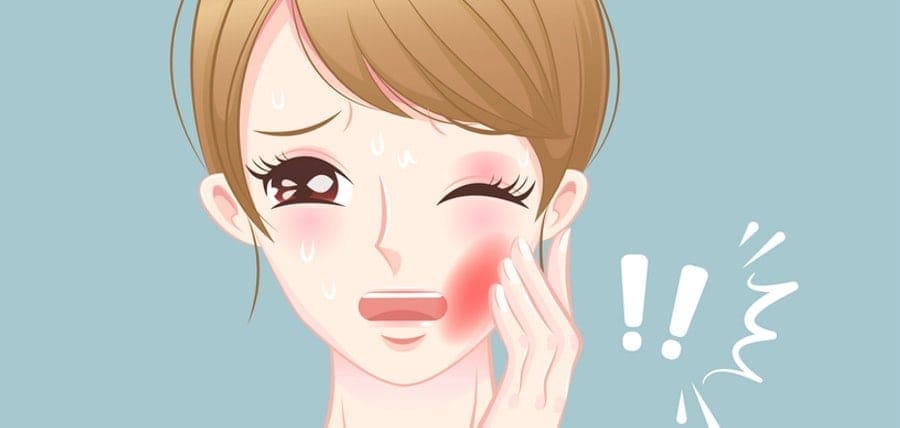Dry Socket after Your Tooth Extraction
The extraction of a tooth is a relatively straightforward procedure, but at times, complications like dry socket arise. This painful condition occurs when the blood clot at the site of the extraction dislodges, dissolves, or fails to develop properly before the wound heals. Fortunately, there are steps that you can take to prevent this issue before it occurs.
Don’t Smoke
Smoking poses a variety of problems for your oral health, especially when it comes to the healing of the gum tissue. If you know that you are having a tooth extracted, try to quit smoking as soon as possible, as smoking will increase your risk of dry socket. After the procedure, you should abstain from tobacco products for at least two days so that you do not jeopardize the healing process.
Tell Your Dentist about Your Medications
Before your tooth extraction procedure, it is important that your dentist is aware of any medication that you might be taking. Certain prescription and over-the-counter drugs inhibit blood clotting, and this could pose a problem when it comes to healing after the extraction. If your dentist knows about these potential complications ahead of time, he or she can create effective treatment and aftercare plans for you.
Avoid Strenuous Activity
Immediately after your extraction, you should plan to rest and recuperate. You may feel tired due to the effects of the anesthesia, but even if you feel fine, you should give your body a chance to regain its strength. Vigorous activities could disturb the mouth and the forming clot. After a few days, you may be able to work exercise back into your daily routine but be sure to listen to your body and take breaks as needed.
Practice Good Oral Hygiene
After an extraction, you may be nervous to brush or floss your teeth, but good oral hygiene is more important than ever. Wait for at least a day before you attempt to clean the extraction site, as this will give the wound a chance to form the necessary clot. Instead, brush the rest of your teeth and tongue to keep bacteria levels under control, and swish gently with salt water or an antibacterial mouthwash to further promote the healing process.
Avoid Straws
If your mouth feels sore after an extraction, you may think the best way to keep hydrated is to drink water through a straw. While using a straw may seem harmless enough, in reality, it can actually lead to a dry socket. The suction action can actually dislodge the blood clot, so you should avoid straws entirely for at least a week or until cleared by your dentist.
Stick to a Soft Diet
For the first few days after your extraction, it is important to stick to a soft diet. Hard, crunchy foods will likely cause some pain, and they could also damage the blood clot and result in a dry socket. Instead, stick to easy-to-eat foods and be sure to chew them on the side of your mouth opposite of the extraction site.
Dry socket complications include socket infection, delayed healing, and infection that spreads into the jaw bone, but all of these problems can be prevented. By taking some important steps to avoid dry socket, you can successfully heal from your tooth extraction surgery.
Contact Suburban Essex Dental to help you today. Our office is located in West Orange, NJ, in the Suburban Essex County of NJ. We have been rated “Top Dentist” for 8 consecutive years and still running.







